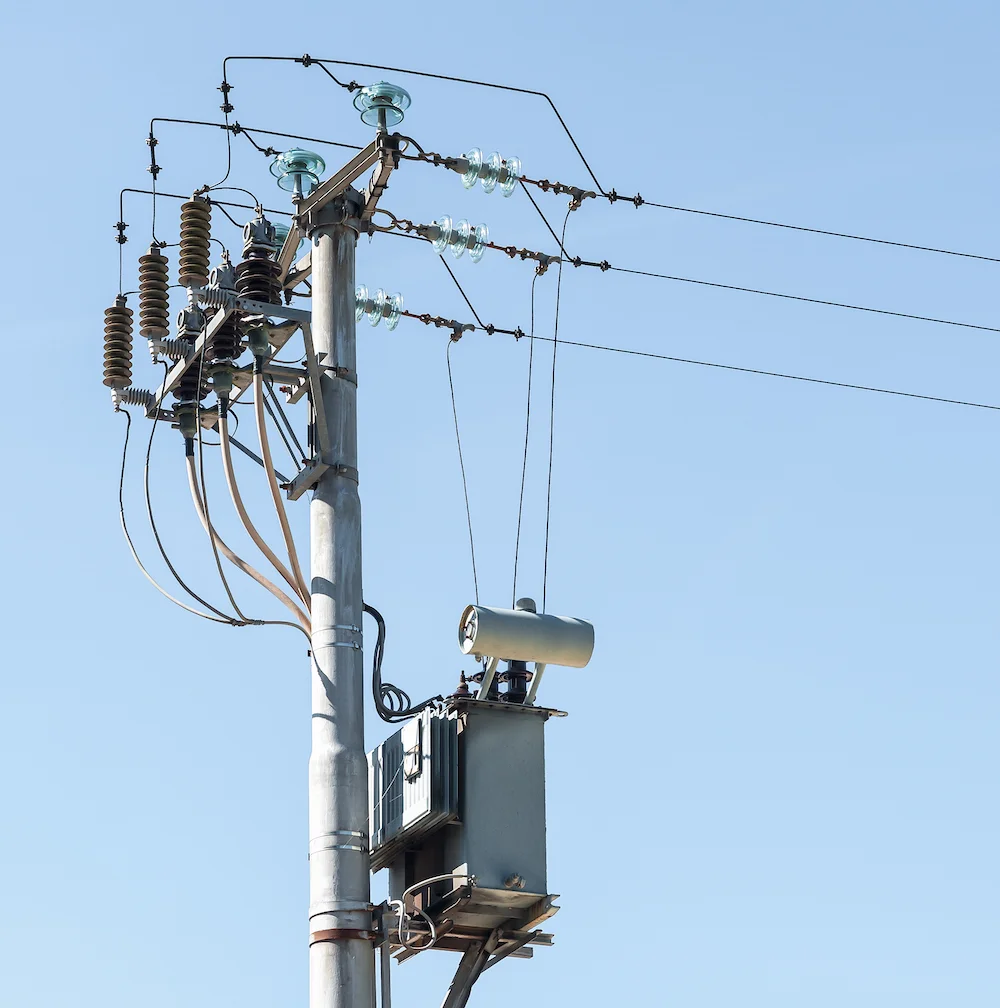#1 Electrical Injury Lawyer in Arkansas
An electrical injury can have severe and devastating consequences, sometimes permanently altering the victim’s quality of life.
If you suspect your electrical injury resulted from negligence, contact the Law Offices of Craig L. Cook for a free consultation to explore your options.
Our electrical injury lawyers can help you uncover the truth, seek justice for your injuries, and pursue the compensation you deserve.

What to Do After an Electrical Injury
After experiencing an electrical injury, your primary concern should be seeking immediate medical attention for any resulting injuries.
Document all medical treatments and keep records of associated expenses. If the incident occurred in a public place or on someone else’s property, report it to the relevant authorities or property owner.
In a workplace setting, ensure that the incident is reported to your employer or supervisor.
Document the scene by taking photographs of any faulty electrical equipment or unsafe conditions.
Gather as much information as possible and that you are able to safely.
Preserve evidence such as damaged clothing or equipment that may be relevant to your case.
Get a free consultation with a personal injury lawyer at the Law Offices of Craig L. Cook experienced in electrical injury cases for guidance on your specific situation, understanding your rights, and determining if you have a valid legal claim.
If legal action is pursued, follow the advice of your attorney throughout the process.
How an Electrical Injury Impacts the Human Body
When an electrical current makes contact with a human body, the current finds a pathway through the body – typically entering at the source of contact and exiting to a grounded surface or another electrical pathway.
The extent of the damage inflected by the electrical shock depends on a few factors, including the voltage of the current, the pathway chosen by the current, and the amount of time the current remains in the body.
Should you survive contact with an electrical source, you may suffer from long-lasting or even permanent injuries from the damage.
An electrical current can cause burns to bodily tissue when it enters and exits the body as well as internal burns as it travels through the body.
It may also affect the cardiovascular system, central nervous system, or musculoskeletal system, causing heart damage (a common cause of death in fatal electrical shocks), seizures, paralysis, respiratory failure, nerve damage, and more.
If an electrical shock causes the victim to fall, other types of injuries may occur.


Causes of Electrical Injuries
In many cases, electrical injuries caused by accident are the result of negligence, with common causes including defective products, unsafe property conditions, labor law violations, and improper handling of equipment at work sites.
Occupations especially prone to electrical injuries include construction workers, electricians, roofers, carpenters, maintenance workers, cable installers, tree trimmers, landscapers, mechanics, meter readers, welders, and equipment operators. Electrocution is actually the third-leading cause of death in the construction industry.
According to the National Institute for Occupational Safety and Health (NIOSH), the following are the most common causes of electrocutions and other electrical injuries and fatalities in the workplace:
- Contact with overhead power lines
- Failure to properly de-energize electrical equipment prior to commencing work
- Contact with electrical components mistakenly thought to be de-energized due to a mistake in wiring or re-wiring, or misidentified wiring
- Contact with the electric current of a machine, tool, appliance, or light fixture
- Contact with wiring, transformers, or other electrical components
- Contact with buried, underground power lines
Electrical injuries can also occur at home and in commercial spaces through contact with electrical appliances and electrical outlets.
Although electrical shocks at home generally involve low-voltage currents, they may cause burns, muscle damage, and nerve damage.
They’re typically the result of defective products or unsafe property conditions and may involve exposed wires, electrical outlets in unsafe locations, faulty wiring, shorts in appliances due to manufacturing defects, or malfunctioning commercial equipment.
Pursuing Compensation
When an electrical injury occurs at work, employees may file for workers’ compensation benefits with their employers.
In certain situations, however, employees may also choose to contact an electrical injury lawyer experienced in electrical injury claims.
For example, if a third-party contributes to a work-related injury, the injured employee may pursue a lawsuit against that third-party to recover further damages.
This might occur if a third-party contractor (employed by another company) creates an unsafe work environment or defective equipment is present at a construction site.
Every case is unique, so your electrical injury lawyer will investigate your accident to determine which parties may be held partially or fully liable for the electrical shock.
You may have a claim against a public utility company, a property owner, a general contractor, a building owner, or the manufacturer or distributor of a defective product involved in the accident.
What types of compensation will be involved?
You may pursue compensation for all accident-related expenses, both economic and non-economic. These may include medical bills, lost wages (past and future), loss of earning capacity, pain and suffering, and loss of consortium.
After a lethal electrical shock, the victim’s family may pursue compensation for wrongful death.
Need Help?
Looking for Legal Service With Global Quality?
An electrical shock injury can dramatically reduce the victim’s quality of life, potentially causing severe and permanent injuries or even death. Plus, determining who is responsible for the accident can be complicated. So if you or a loved one experienced an electrical injury and you suspect negligence was involved, contact the Law Offices of Craig L. Cook as soon as possible. It’s important that an investigation occurs soon after the accident to determine the cause of the electrical shock before critical evidence disappears or is altered.

